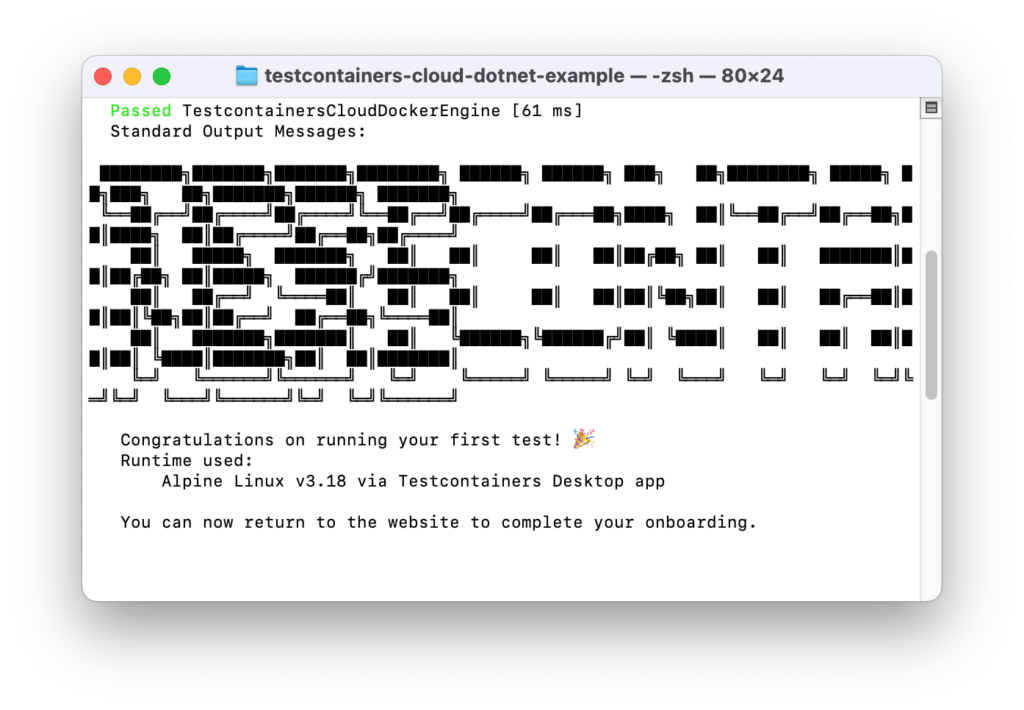
Docker has bought AtomicJar along with its Testcontainer projects, giving Docker a better test story but raising concerns about future licensing costs and support for other container runtimes.
Docker CEO Scott Johnston said that adding TestContainers makes Docker’s developer workflow more complete, adding testing to existing features that cover build, verify, run, debug and share.
According to the AtomicJar team, “everyone at AtomicJar will join Docker,” and “we will continue to invest in and extend the open-source project.”
A Docker FAQ states that editing Testcontainers subscribers will continue as-is “while we work to develop new and better integration options,” and that the licensing structure of the open source Testcontainer component will remain.
Testcontainers was invented by Richard North in 2015. The team describes it as “an open-source multi-language library for providing throwaway, lightweight instances of databases, message brokers, web browsers, or just about anything that can run in a Docker container.” Developers define application dependencies as code, then run tests locally. Testcontainers creates, runs and then destroys containers to satisfy those dependencies. Companies using Testcontainers include Netflix, Uber, Spotify, DoorDash, GitHub, Google, and more, according to the AtomicJar team.
The AtomicJar company was formed in 2021 and introduced a cloud option for the project.

Languages supported by Testcontainers primarily include C#, Go, Java, Node.js, though there are community projects to add Clojure, Elixir, Haskell, Python, Ruby, Rust and Scala. There is also a Testcontainers desktop app for Windows, Mac and Linux. The repository activity suggests that the Java Testcontainers library is the most widely used, followed by .NET, Go and Node.js.
Testcontainers maintainer Kevin Wittek posted in the project’s Slack community about the acquisition, promising to “continue maintaining the Testcontainers libraries” and stating that the project’s approach to testing would get “much stronger support through the global recognition of the Docker brand.” The response so far is muted, though one developer expressed what perhaps many are thinking. “Any idea if this acquisition will lead to de-prioritization for supporting alternative platforms such as Podman and Colima? Unfortunately the change in docker-desktop licensing has lead many development teams to jump ship from docker.”
Use of the project is likely to get a boost from the Docker acquisition but existing users will await with interest the outcome of the promised “new and better integration options.”
